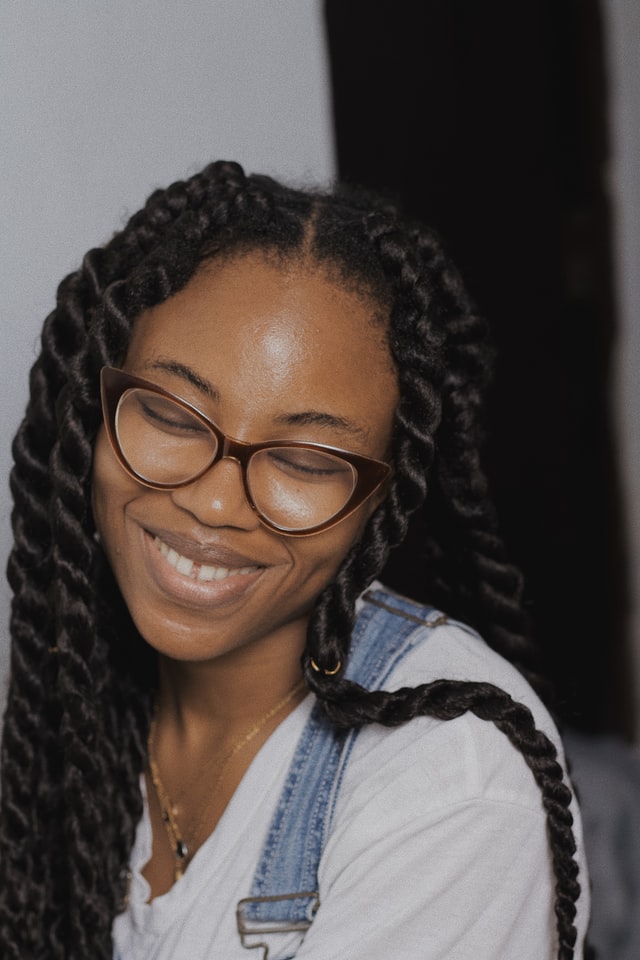
Tall teenage boys are asked if they play basketball. Tall slender women are told they should model. People with different body types are assumed to be different types of people. These assumptions imprint on us ideas about who we are and who we should be. Some ideas are harmless, others simply annoying, and still others outright dangerous.
Stereotypes that come from race/racial features are of the most obvious in dangerous assumptions about particular bodies. The entire music industry hyper-sexualizes black women’s bodies. Black women’s bodies —particularly certain features, are seen as inherently hyper-sexual and even vulgar. And sadly, many black women play into this stereotype. I think the singer Ch**e is an interesting example. I never avidly followed her or her music but every once in a while I’d click on a recommended video of her’s and was pleasantly surprised to see young black women (with natural hair!) not presented in a hyper-sexualized manner nor singing explicitly sexual music. But as history should have clearly shown me, this wouldn’t last for long.
But it was more than just the history of the hyper-sexualization of black women’s bodies that clued me in to ‘what’s to come,’ it was also her body and what it represents in the larger culture. Unlike her sister who carries a more svelte shape, Ch**e carries a body characterized by stereotypical black women’s features. A body that in itself was harmless but carried the burden of others’ assumptions about what it should do and who it was meant to be. The painful truth is that it would be highly unlikely that she’d get to continue presenting herself outside of the framework already set for bodies like hers.
There are so few black women who get to live outside of that framework (especially in Hollywood) and that’s even more true for those with certain body types. In the eyes of others, our bodies define who we are and who we ought to be. But we must resist. We must resist the limiting stereotypes that continue to place us in a box created by others. And we must resist supporting it.
Of course, as a Muslim black woman, I wish this kind of imagery was non-existent. But I would hope that even those outside the faith —and perhaps even outside the race, can see how damaging these images are and begin to push back against ideas about who our bodies should allow us to be.
Side note: I do believe our bodies are an important part of who we are especially when it comes to race, gender, genes, abilities, and disabilities. Those aspects can further connect us to ourselves and our history. But in the case of stereotypes, I think they do more harm than good.
Photo by Baptista Ime James on Unsplash





Recent Comments